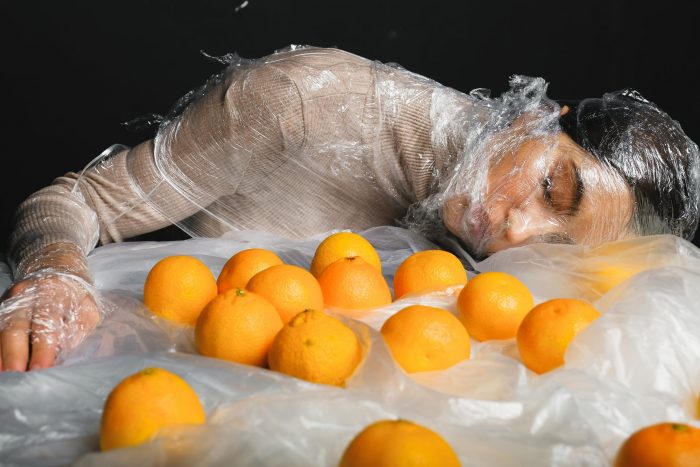Whether intentional or accidental our choices matter, they create an impact on more than just our personal lives.
For the longest time, we have lived a life where we buy things: food, clothing, furniture, makeup, books, cupcakes and so much more.
We care about prices—about how pretty or color-matching the outside must be, how popular or useful something can be to our lives.
Do we also ask: what is this made of? Is it degradable? After I dispose of this nondedegradable product, does it go into an empty black hole in the universe where I would never see it again? I wish, but no, it goes to our oceans and stays on this earth for hundreds of years just creating pollution.
Is what I am buying made by companies that promote a safe and healthy work environment for the workers? Do they treat them right? What had to happen to this animal for me to be able to get from a store and into my mouth?
Plastic can take more than 500 years to decompose. It can take up to six generations for a single plastic bottle to decompose from this earth? Yes, you can read this again.
What is the real cost of what I am buying?
When we buy something, we are not just buying the final product.
We are supporting the ingredients used to create it, the people behind it working to make it, we are supporting the environment they work at, simply said: companies continue to produce what sells.
We might be supporting companies to keep creating more nondegradable plastic. We might be unconsciously buying makeup that promotes animal cruelty just as much we might be supporting local businesses that grow organic veggies?
If we apply a “mindful filter” to our purchases, we can genuinely make a difference to the pollution and waste of resources we are creating in our environment.
Mindful choices can look like this:
>> Local versus big chains.
>> Compostable coffee pods versus plastic coffee pods.
>> Cruelty-free versus tested on animals.
>> Organic versus massed produced.
>> Biodegradable versus non-degradable waste (plastic, anyone?).
>> Free tree paper for printing versus wood-based paper and synthetics.
>> Toxic chemicals versus natural resources. Like food coloring, in most cases, you can find it in food created with chemicals, but it can also be found made from natural ingredients.
>> Local bookstore versus mass-production book publishers (and this can be online as well, most businesses have a website).
>> Ethical and sustainable clothing versus environmentally toxic clothing.
We are more careful with our daily choices because we know they have a better impact on our lives; however, our purchases also have an impact on many more people than just us.
We do this in our daily lives already:
>> Quality self-care (meditation maybe) versus socializing.
>> Books versus TV.
>> Veggies versus canned food.
>> Exercise versus working all the time.
>> Awareness versus distraction.
>> A love partnership versus people to have fun with.
>> A conversation versus memes and text.
>> A 10-minute walk versus staying on the couch.
>> Reading things like “Way of the Peaceful Warrior” by Dan Millman versus reading gossip magazines.
And all these little daily choices provide us with a more fulfilling life, or at least some more peace in it. Our daily choices have an impact on animals, and on the natural resources, this world provides.
We vote with our purchases.
If we constantly purchase plastic, we are voting for the use of it, and we are adding to the constant pollution on the environment. The less we buy nondegradable toxic materials, the less companies will feel the need to make them. Companies make what we buy.
Let’s give a care—even when we don’t have much information about what is best, even if we didn’t realize before how important recycling, degradable and eco-friendly are. We can all start right here, right now, making one better choice at a time.
If, like me, you felt this was an unimportant subject, well hopefully, you realize how important our choices are to the people around us and our environment.
Our choices will dictate the kind of world our future family will live in.
~


 Share on bsky
Share on bsky





Read 40 comments and reply